
+

Halcyon is committed to investing in the diversity and wellbeing of our community and to creating an inclusive culture where everyone can be the best that they can be. We strive to recruit people from a wide variety of backgrounds because it makes us stronger. We intend to create a collaborative and innovative culture that celebrates different perspectives and values respect for one another, learning together, openness and integrity. A commitment to diversity ensures we continue to provide a learning experience that empowers students to reach their full and unique potential.
Halcyon London International School, Inclusion StatementWe recognise that, in order to fulfil our educational mission, everyone in our community – our students, our staff, and everyone in our current and prospective families – should be able to see themselves reflected in the learning at Halcyon. Beyond this, in order to produce empowered IB citizens who are prepared to use their unique potential to “create a better world”, we must also ensure that our curriculum is reflective of all experiences and voices – including those that are often unheard, or have been historically overlooked.
As an IB school, we have always sought to deliver a curriculum that reflects a diversity of voices and historical perspectives – the International Baccalaureate learning framework supports this. We must continue to take a thoughtful and open approach to how we implement this responsibility in practice. As an international school in London, this also means ensuring that our learning is rooted in local contexts. In a hugely diverse city, we must continue to investigate and reflect on the local and global contexts that form the background to our learning. We continue to be ready to question assumptions, systems and ideas; to embrace different ways of understanding the world; and to take a stand against racism and any other form of discrimination.

We continue to take action to ensure that our curriculum is reflective of the diversity of culture, history, and voices which enhance learning experiences on both a global and local level, and we have provided some examples of student work below. It is important that our approach to diversifying our curriculum is visible to you, and we welcome thoughts and feedback from our community. Our students have a strong voice in shaping how we define our approach to learning, and we have also provided a brief insight into some student-led initiatives which reflect our community’s commitment to Diversity, Equity and Inclusion.
In reviewing our teaching and learning, we must also be prepared to scrutinise ourselves: to be able to, as individuals and as a community, talk openly about the ways in which our preconceptions about learning and about one another can be a reflection of ideas and assumptions which might otherwise go unchallenged. As educators, we are taking steps to make progress on our personal journeys in a variety of ways, following a programme of intercultural competence training.
The International Baccalaureate Middle Years Programme – through which we develop a curriculum aimed at nurturing communication, self-management, thinking, research, and social skills – has always encouraged our students to explore, analyse, and evaluate a variety of perspectives as they develop their self-understanding and identity within the world.
In Grade 10 history, it is imperative that our students are welcome to investigate parts of the past where certain voices and perspectives have previously been unheard. Grade 10’s Civil Rights unit has highlighted our students’ development of communication and research skills as they sensitively and carefully navigated the dynamics of the Atlantic slave trade.
Read blog: DEI in the curriculum
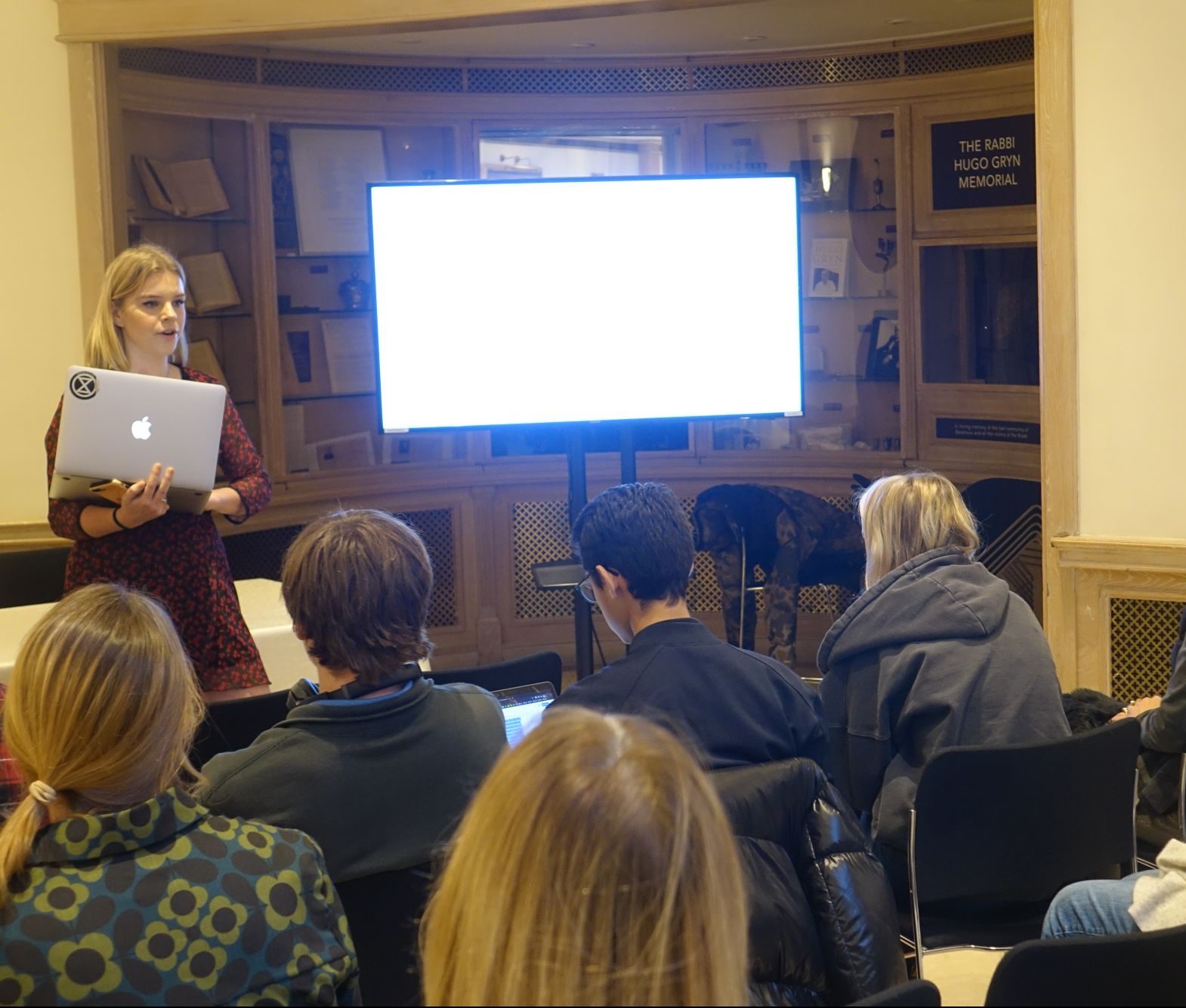
Taking Action
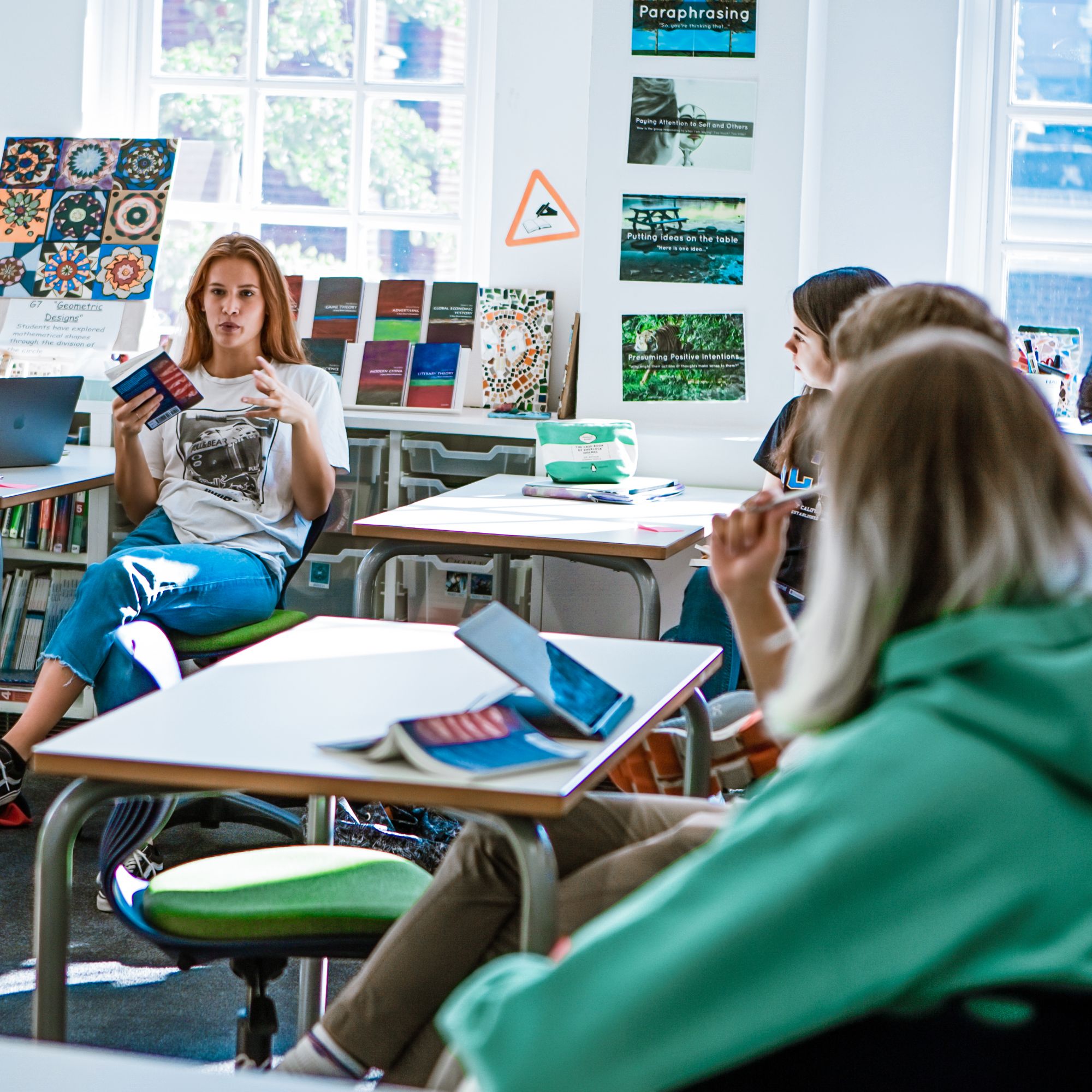
Each subject team at Halcyon has reviewed their curriculum to ensure that our classrooms are inclusive and that our teachers are building best practice to ensure that every IB learner can both relate learning to their own experiences and explore various perspectives on their world. This includes, for example, using the classroom to explore local histories and figures of cultural change in London, as well as the wider world. Read more about what this looks like below. These steps have been reported, documented, and evaluated in an internal review process, which is supported by our staff Intercultural Development Inventory training.
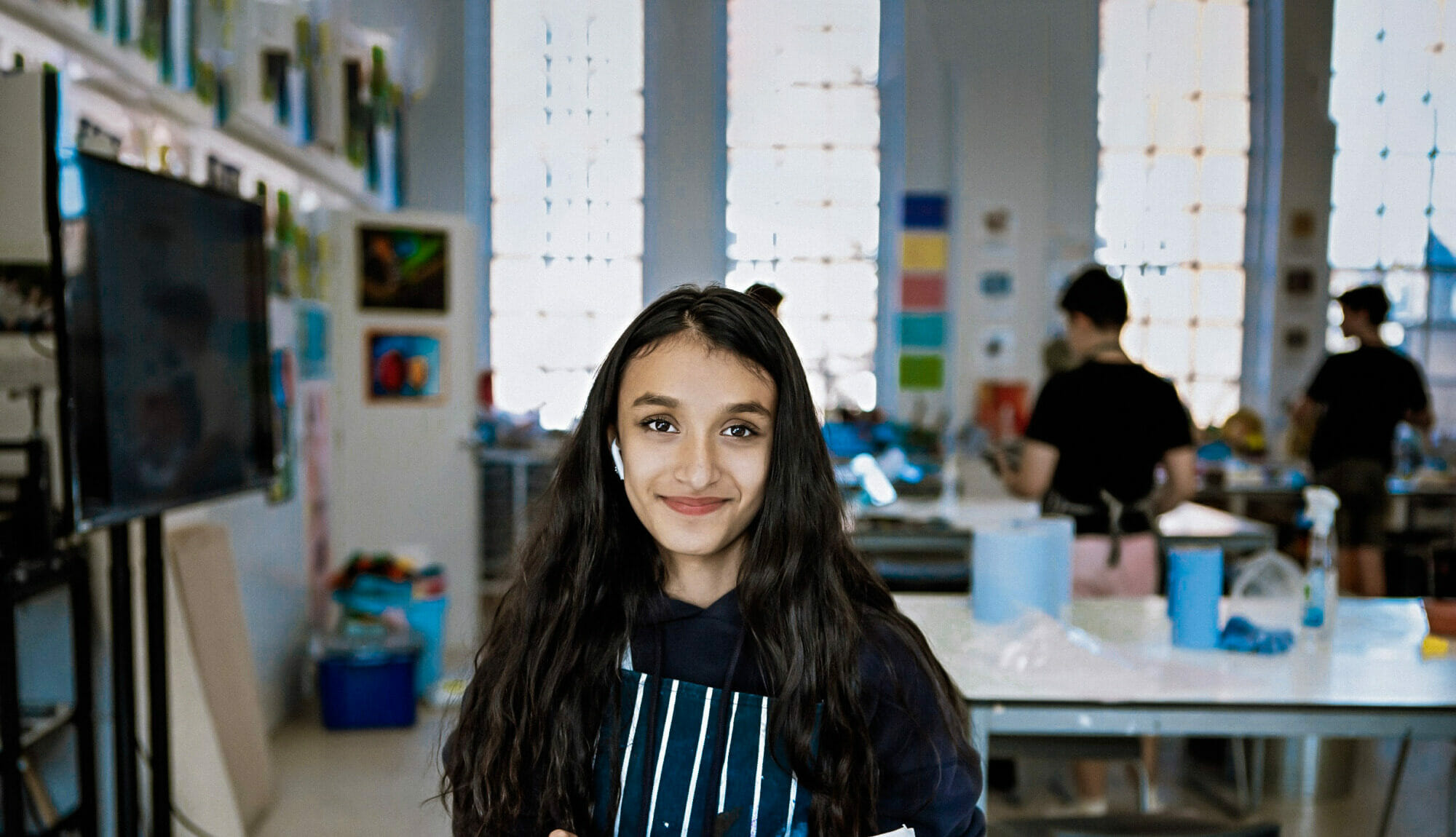
Listening to the experiences of current families, and researching different models and approaches, the committee has already made changes to application, enquiry, and visit forms to ensure that Halcyon does its best to be inclusive of all backgrounds and identities. The Admissions Policy will be audited and reviewed during the current school year, as will all outward-facing communications, including our website and social media.
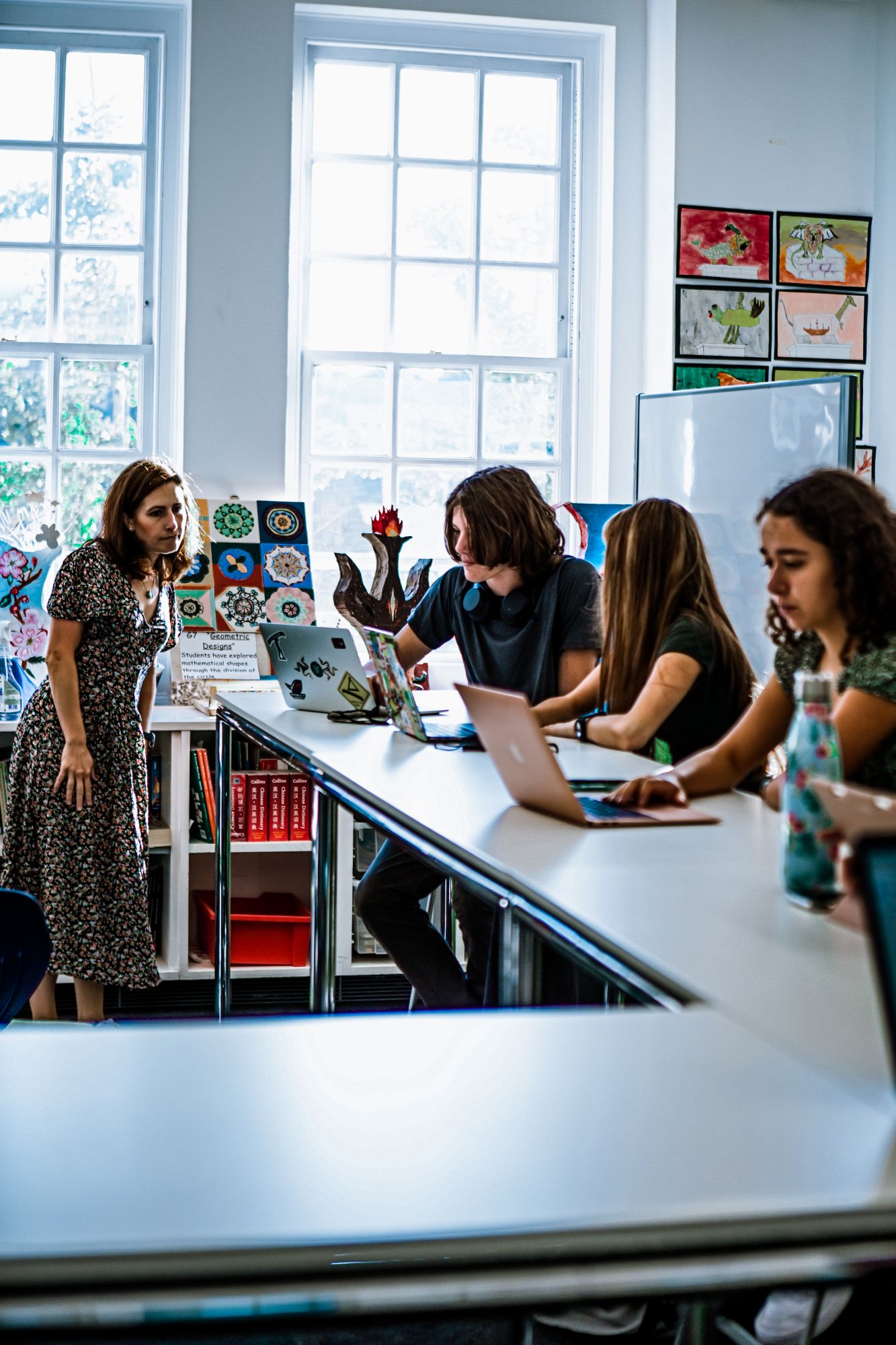
With a DEI focus, our Human Resources committee has completed a review of the our recruitment data collection process, confirming adherence to legal and discretional requirements, and completed an audit of the Recruitment Policy to be aligned to both non-statutory as well as statutory guidance. In order to effectively ensure the implementation of a clear and consistent policy which supports applications from a diverse pool of candidates, the Committee is currently undertaking a review of language used in our policy and job descriptions with an external DEI specialist.
Learning

We would like to thank Dr Eva Thorne for delivering her inspiring talk, Knowledge In The Service Of Social Justice, to Halcyon’s community. Providing an insight into ways in which Halcyon students can pursue a rewarding career that makes a difference, Eva shared her experiences of working with developing countries in areas such as natural resource governance, sustainability, and the digital divide. During the Q&A portion of the event, Eva provided thought-provoking answers to questions from our students, staff, and parents: in response to a question on the most important insight she has gained during her career, Eva shared that “when you’re working in a developing country that is not your own, you have to be respectful, you have to be invited, and you have to respect local talent and leadership.”
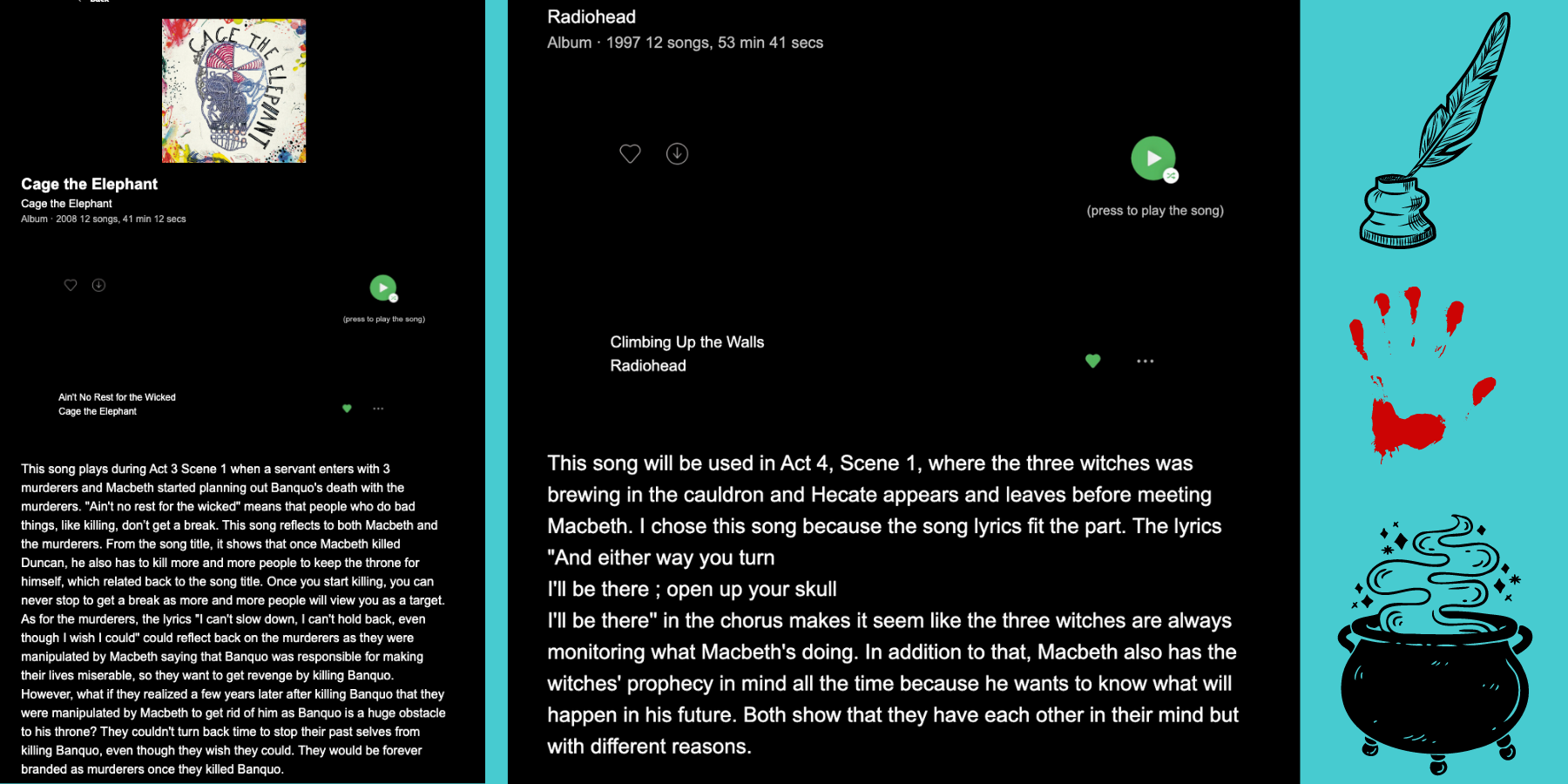
This year, a Grade 11 English class took their audience analysis skills to a new level by reimagining a Shakespeare classic as a Netflix adaptation – a means of using their own varied cultural references to reshape a text that holds an established place in historical cultural capital. Demonstrating a strong understanding of the play’s themes and characters, each student took a different approach to the task of ‘modernising’ Shakespeare – and one student even reworked Macbeth through the lens of a soundtrack. Angie (Grade 11) shared that she was particularly invested in the storyline of Macbeth, and found that creating a soundtrack and selecting song lyrics to tie in with a would-be Netflix series was an interesting and creative way of completing the project.
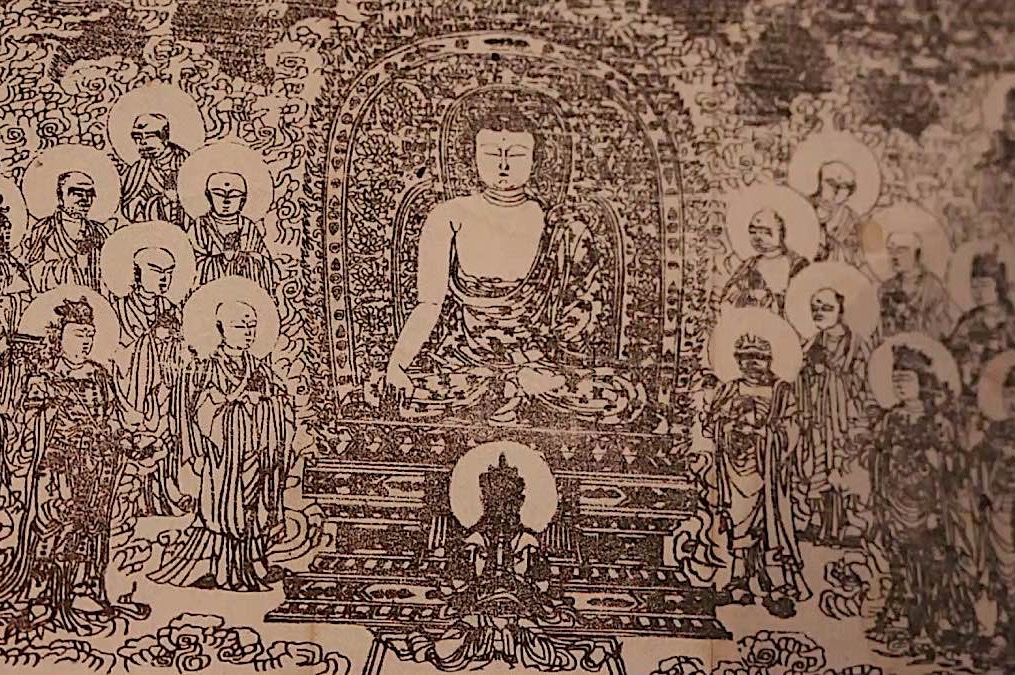
Grade 9 classes sought to explore Earth’s presentation in the media by researching a range of global perspectives on human relationships with nature. First, the class looked at key quotations from across human cultures – from The Lankavatara Sutra to The Bible to the World Wildlife Fund website – that dealt with our relationship to our environment. From these quotations, they were able to create different models of hierarchies communicating the power relationships between humans and nature. In one model, students found that humans were presented as ‘above’ the natural world, using it for their needs, whereas the other model presented an image where humans were intertwined with the natural world. Students were then able to discuss their differing views on nature in a constructive way through these shared worldviews. You can read some of their writing here.

Our Grade 11 Economics students each produced two case studies of the impact of COVID-19 on developed and developing countries. This project resulted in presentations which were extensively researched, provoking their classmates to consider the complex details of the pandemic’s economic impact in Rwanda, Bosnia, the USA, France and Kenya. Each individual presenter developed thoughtful policy solutions to the economic malaises in their country of study, many of which touched upon hotly-debated economic ideas of today. Luca, for example, proposed a youth training program to combat the high level of youth unemployment in Bosnia – which stands at over 50% – and, considering country’s high national debt, suggested Modern Monetary Theory as a means of financing the programme.
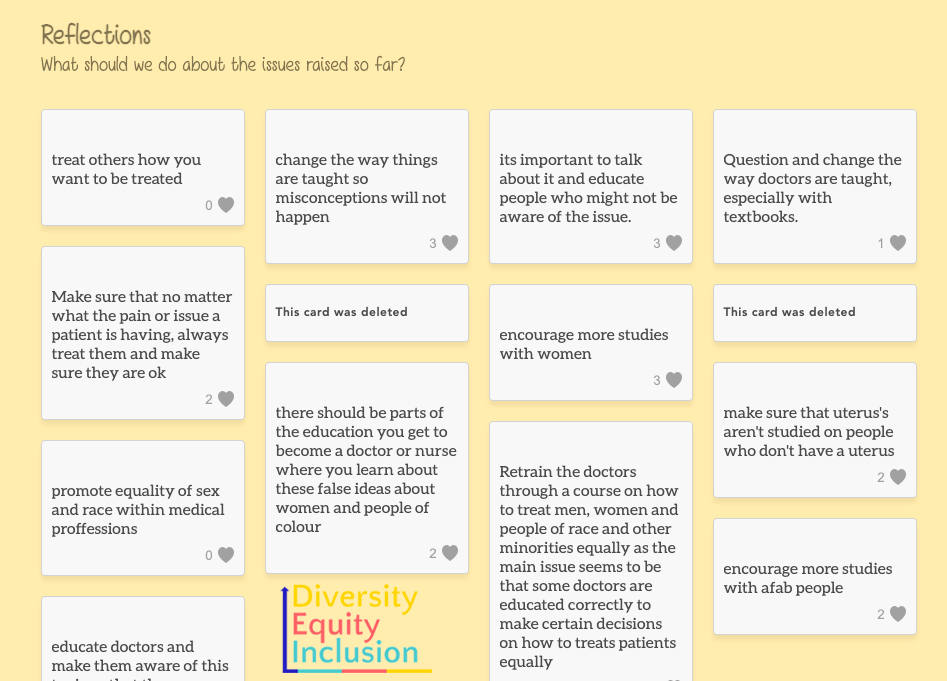
In science, Grade 9 critically analysed global healthcare data to form a greater understanding of the role of bias in medicine across the world. Beginning the lesson by investigating graphs portraying differences in cancer rates and treatment in developed and developing countries, the students discussed both social and scientific reasons for discrepancies in healthcare. The students completed the session by reading 5 related articles of their choice to develop their knowledge.
Read more: Science Curriculum
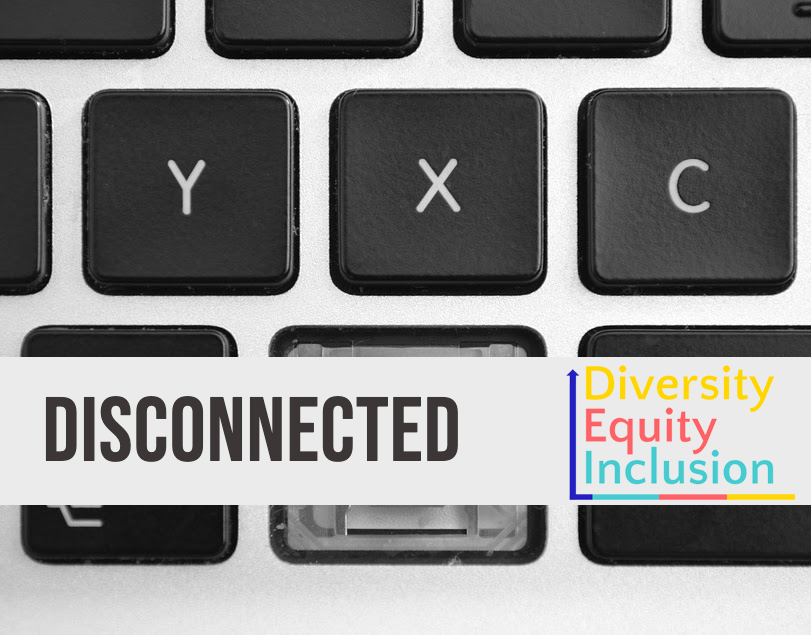
In English, students used narrative techniques to explore power from their own unique perspectives and experiences. Their approach was informed by an exploration of the way in which writers use perspectives to convey complexities in power relationships, which enabled students to think about how power can be variably present in multiple areas of daily life – including technology, communication, memory, and more. Read their stories here.
Read more: Languages & Literature Curriculum
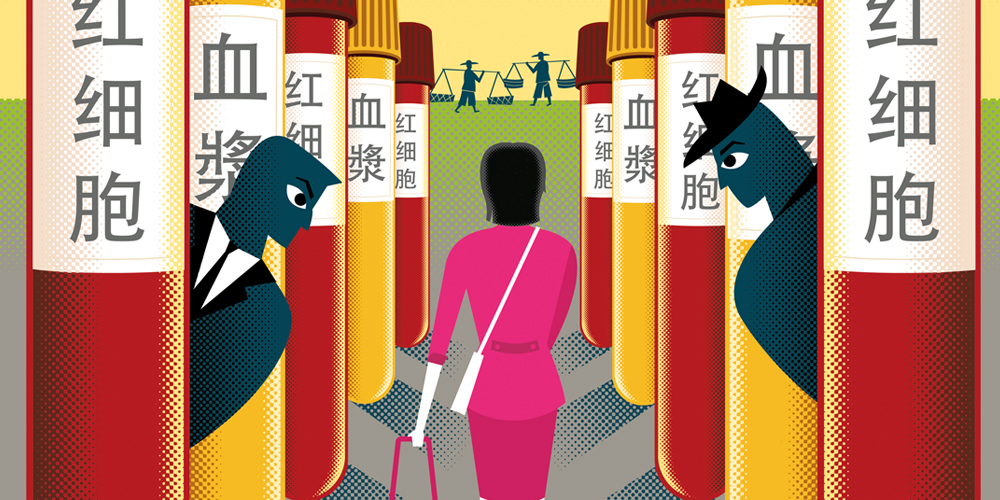
Our Grade 12 Mandarin students took part in a trip to watch the play “The King of Hell’s Palace”, a story which recounts the experience of Hepatitis and HIV epidemics in China in the 1990s by zooming in on the health industry in the Henan province – the centre of one of the most troubling medical scandals in history. After viewing the play, one of our students described Shuping Wang – represented in the play by protagonist ‘Yin-Yin’ – as a “key medical and political figure” who, by exposing transfusions of HIV/Hepatitis infected plasma, risked her life and career. The visit to Hampstead Theatre allowed the students students to understand the nuances of studying their chosen language’s culture. (Art: Ronald Slabbers)

In Hyde Park, students from Grades 6 and 7 separated into small groups to engage in some team-building activities and discuss questions about our school culture together. Students reflected on the following question: “What does our school love the most?” This prompted students to think about the different meanings that ‘school’ has for them: a question aimed at supporting students in building a shared culture with one another while sharing their own ideas, cultural perspectives, and backgrounds. As a continuation of this discussion – and after hearing perspectives from spokespersons in other teams – each group of students collaboratively developed answers to a further question: “What should our school love the most?” We hope that Grade 6 and 7 found this experience insightful.
Student Voice
One of Halcyon’s recent weekly staff learning workshops was led by the Student Council. The student team designed tasks that provided teachers with an opportunity to evaluate their success at integrating diversity, equity and inclusion into the curriculum. During a reflection task, a number of teachers shared that they had- often thanks to the input of students – found a number of ways to make their lessons provoke questions and promote inclusivity. This ranged from bringing in guest speakers and specialist instructors to being mindful of language choices in expressing expectations. In particular, teachers praised students for bringing their own questions and experiences to classroom sessions – something that always enriches our school community.
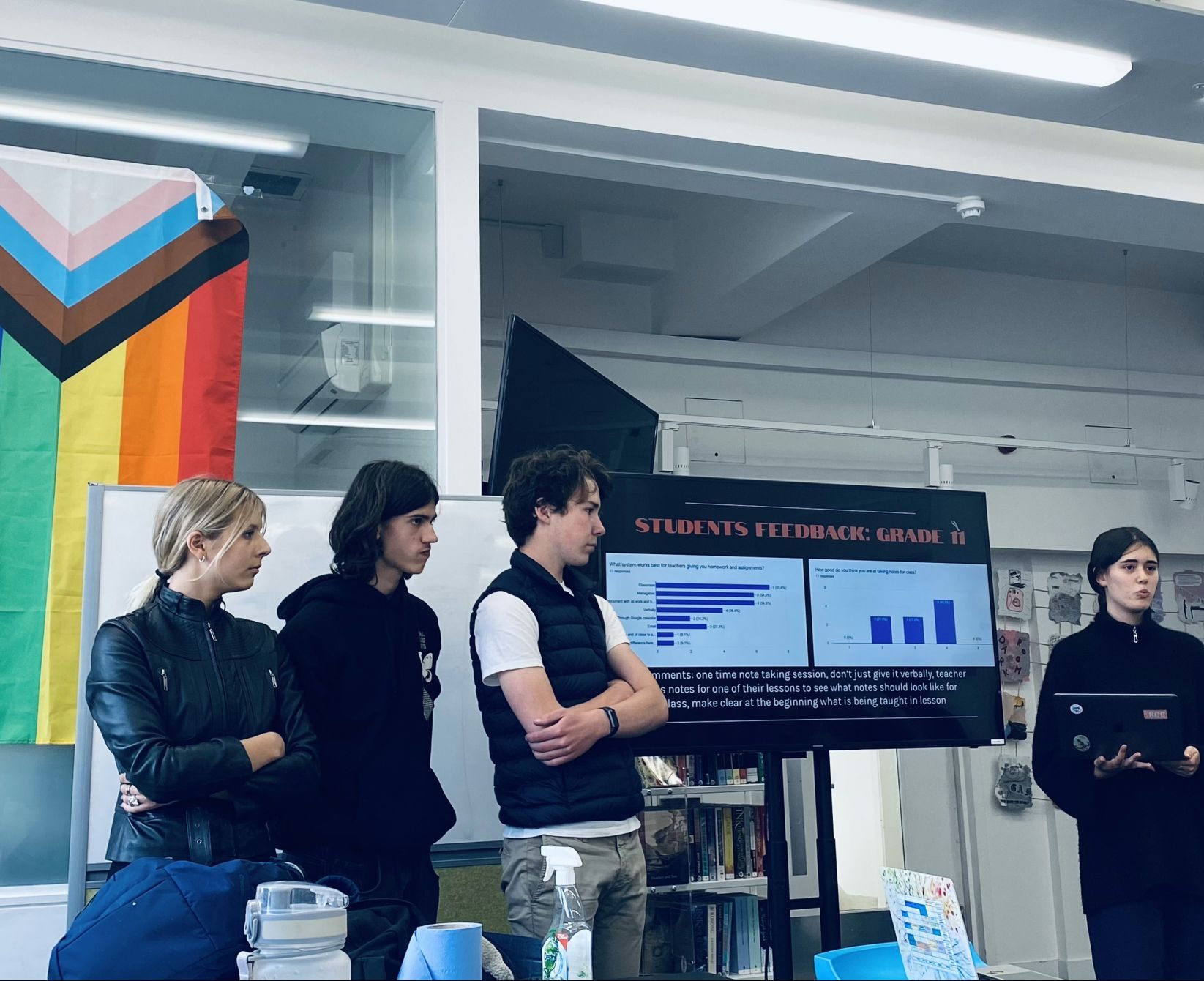

Joined online by Southbank International School, the London Nautical School, and Instituto Español Cañada Blanch (VCB), students debated a range of resolutions surrounding the main theme of ‘Accessibility to Education’, including improving teacher gender ratios in schools, supporting university graduates with entry-level work programmes, and putting in place quotas for gender balance in the workforce.

Our Global Issues Network team designed an in-school exhibition to raise awareness about the Rohingya Genocide.
“Our aim was to use different art media to raise awareness about the genocide. We included Rakhine state maps, images of the main perpetrators, and images of the victims alongside artistic elements such as blood-like handprints, a dimly lit room, survivors voices, and the intense music of conflict. This exhibition, inspired by our fascinating history classes, taught me the value of combining academia with art.” – Sabrina, Halcyon alumni